Indian Army general removed over RAW document leak
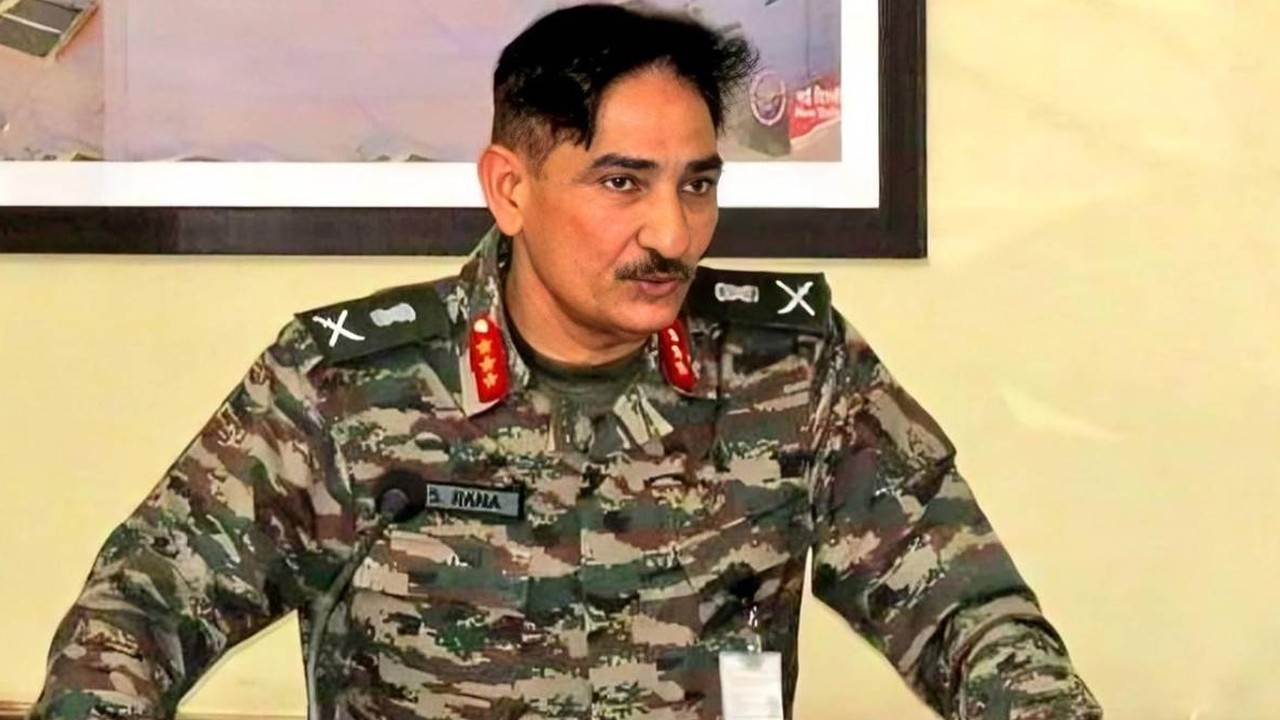
Web Desk
|
2 May 2025
In a major development that has sparked a fresh wave of controversy in India’s security establishment, Lt. Gen. DS Rana, formerly Director General of the Defence Intelligence Agency (DIA), has been abruptly removed from his position and reassigned to the remote Andaman and Nicobar Islands — a location historically referred to as “Kala Pani” due to its harsh conditions and symbolic use for punitive exile.
According to sources within the Indian defence and intelligence community, the decision to sideline Gen. Rana is being directly linked to a recent intelligence failure involving the leak of sensitive documents from the Research and Analysis Wing (RAW).
The leaked files, which reportedly ended up in the hands of The Resistance Front (TRF) — a group accused by India of terrorism — revealed damning information about India’s covert operations and were shared publicly, exposing alleged internal false flag strategies.
The documents, allegedly under the personal custody of Lt. Gen. Rana, included operational plans and sensitive assessments related to the Pahalgam incident.
The leaks not only triggered embarrassment for India at an international level but also raised serious questions about the credibility and coordination among Indian military and intelligence agencies.
Following an internal inquiry, the Indian government reportedly concluded that the leaked files originated from General Rana’s office, leading to an immediate order for his removal.
Read more: India replaces top air force officer after Rafale jets face setback against PAF
His transfer to Andaman and Nicobar — known for its physical isolation, substandard infrastructure, and endemic diseases — is being viewed within defence circles as a form of institutional disgrace.
The move is being interpreted by analysts as part of a broader attempt by the Indian leadership to contain the fallout from the scandal, which has already weakened New Delhi’s international narrative around recent incidents such as the Pahalgam attack.
The exposure has also reportedly triggered low morale among segments of the Indian armed forces, who view the incident as a leadership failure and a blow to operational credibility.
General Rana’s abrupt and dishonourable exit marks another chapter in what critics have described as a growing crisis in India’s strategic management, particularly concerning intelligence oversight and accountability.


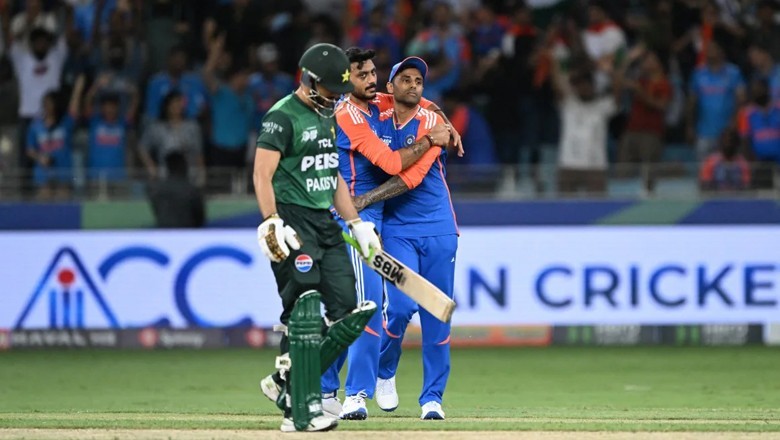

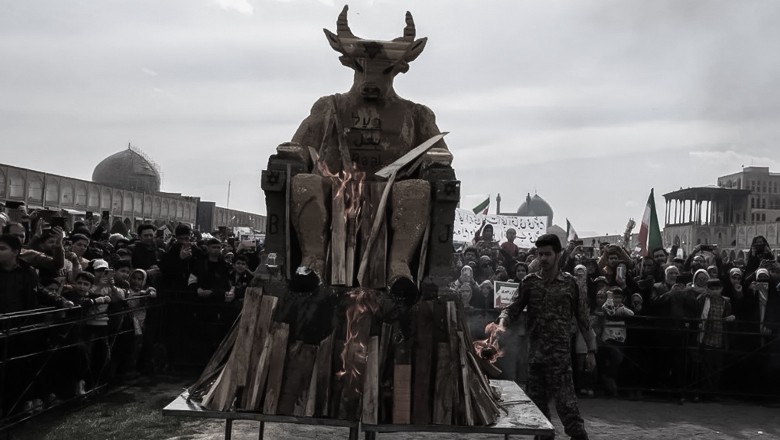


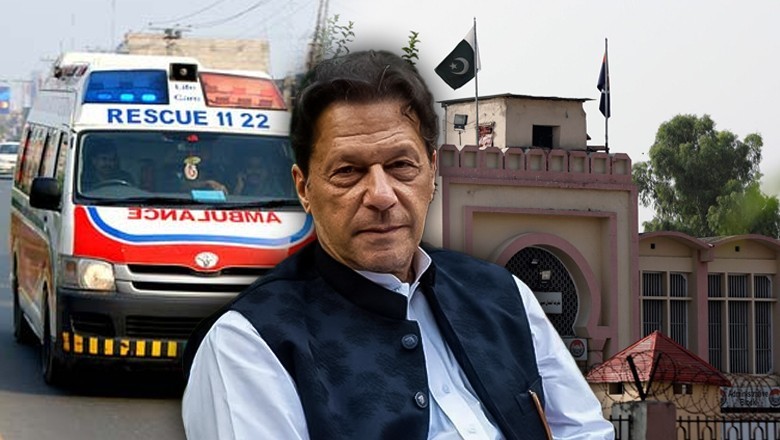
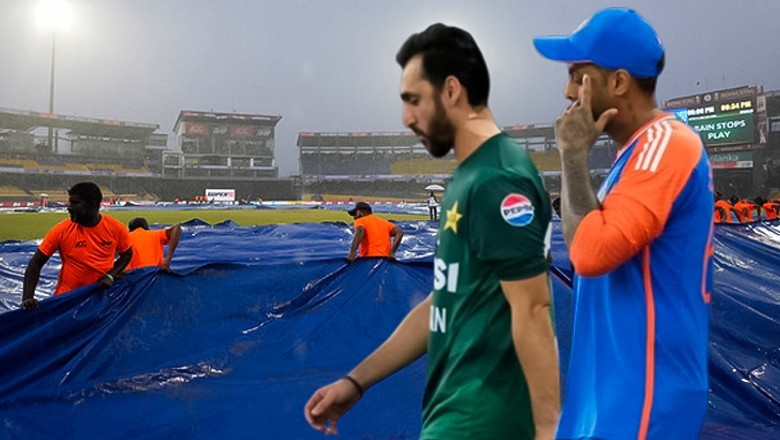



Comments
0 comment